Publications
Articles, publications, books, tools and multimedia features from the U.S. Institute of Peace provide the latest news, analysis, research findings, practitioner guides and reports, all related to the conflict zones and issues that are at the center of the Institute’s work to prevent and reduce violent conflict.

The Taliban’s Attacks on Diversity Undermine Afghanistan’s Stability
Each year, the U.N. International Day of Living Together in Peace reminds us that true, sustainable peace is achieved not simply by eliminating war, but rather by building tolerance, inclusion, understanding and solidarity among and between communities.
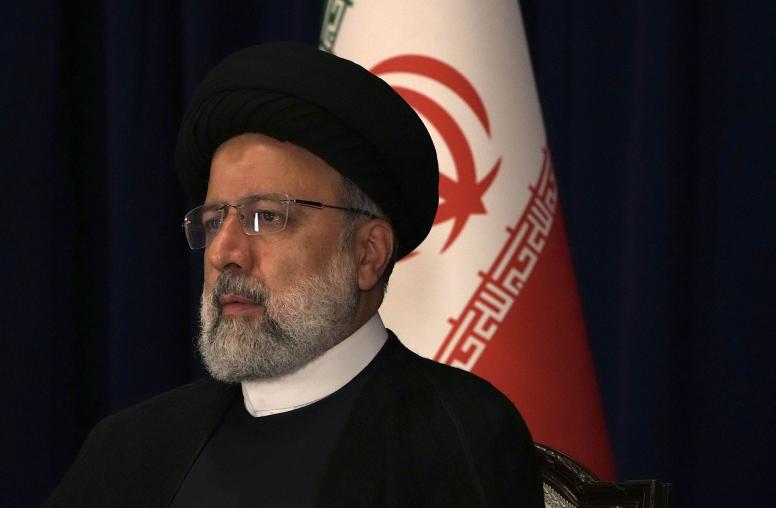
What’s Next for Iran After Raisi’s Death?
On May 19, Iranian President Ebrahim Raisi, Foreign Minister Hossein Amir-Abdollahian and six other passengers and crew died in a helicopter crash. The aircraft went down in dense fog in a mountainous region of East Azerbaijan province in northwestern Iran. The officials were returning from the opening ceremony for a dam on the border with Azerbaijan. Less than 72 hours after Raisi’s death, the focus has turned to the political changes that come next with elections slated for June 28.

What You Need to Know About Taiwan’s Pivotal Presidential Elections
Ahead of the November 20 deadline to register candidates, Taiwan’s campaign season for the January 2024 presidential elections is in full swing and voters are presented with four candidates. While economic and energy policies will be key for voters, the chief foreign policy issue is how to manage relations with China. Both Beijing and Washington will be watching closely for what the election augurs for cross-Strait tension and Taiwan’s relationships with the world’s two major powers.
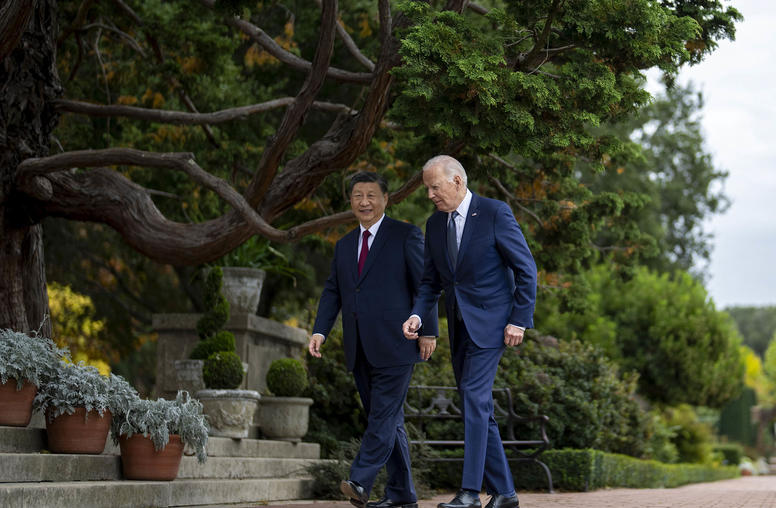
Biden and Xi at APEC: Averting Further Crisis in U.S.-China Relations
President Joe Biden and Chinese leader Xi Jinping spoke for several hours on the sidelines of the Asia-Pacific Economic Cooperation (APEC) Summit this week in San Francisco. After several years of deteriorating relations — and frozen communication — between Washington and Beijing, Biden characterized the talks as the “most constructive and productive” since he came to office. But the increasing strategic competition between the two powers leaves major issues still to be addressed, such as China’s aggression in the South China Sea and Taiwan Strait, BRICS expansion, nuclear security, and the wars in Ukraine and the Middle East.
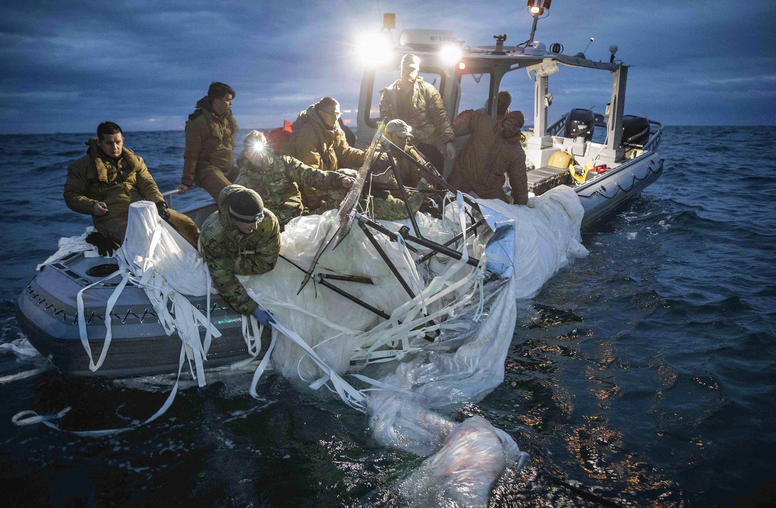
After Beijing’s Balloon, What’s Next for U.S.-China Ties?
Days before U.S. Secretary of State Antony Blinken was set to travel to Beijing, the Pentagon announced it had detected a Chinese “surveillance balloon” over Montana. The incident sparked intense speculation about China’s intentions, including why it would choose to employ a relatively low-tech surveillance device. Ultimately, Blinken announced on February 3 that he was postponing his trip, which would have been the first by a U.S. secretary of state in five years. With U.S.-China tensions already simmering, the balloon episode injects more mistrust and scuttled the opportunity presented by Blinken’s trip to resume cooperation on areas of mutual interest and demonstrate that both sides want to better manage bilateral tensions.
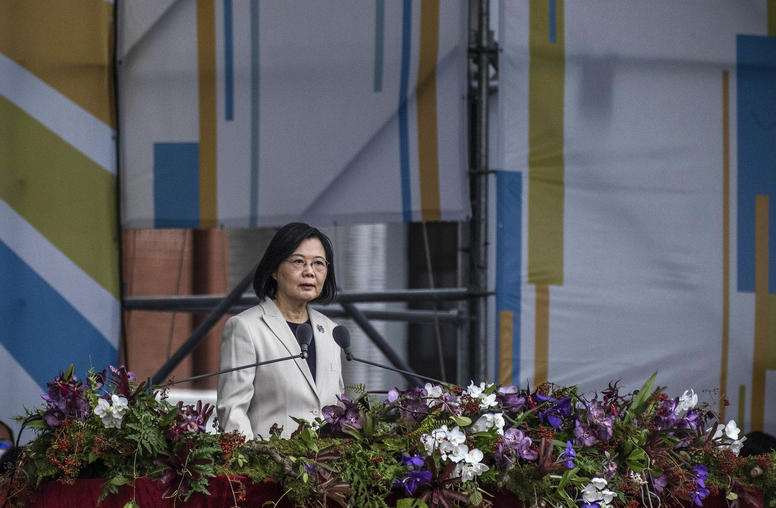
Tensions over Taiwan Rise with Tsai’s U.S. Stopover
President Tsai Ing-wen of Taiwan transits this week through the United States, stopping in New York on her way to Guatemala and Belize, and in California on her way home. Tsai has made six stopovers since she took office in 2016, but this is the first since July 2019. The stopovers are not official visits, but Tsai is expected to meet Speaker of the House Kevin McCarthy in California. Beijing has made it known it fiercely opposes the stopover and threatened to retaliate if McCarthy and Tsai meet.

Blinken’s China Trip Shows Both Sides Want to Stabilize Ties
U.S. Secretary of State Antony Blinken traveled to China last week as part of a series of recent high-level contacts between Washington and Beijing. Although no major breakthroughs came out of the trip, it demonstrates that both sides want to prevent bilateral ties from sinking any lower, even as U.S.-China competition continues to intensify.
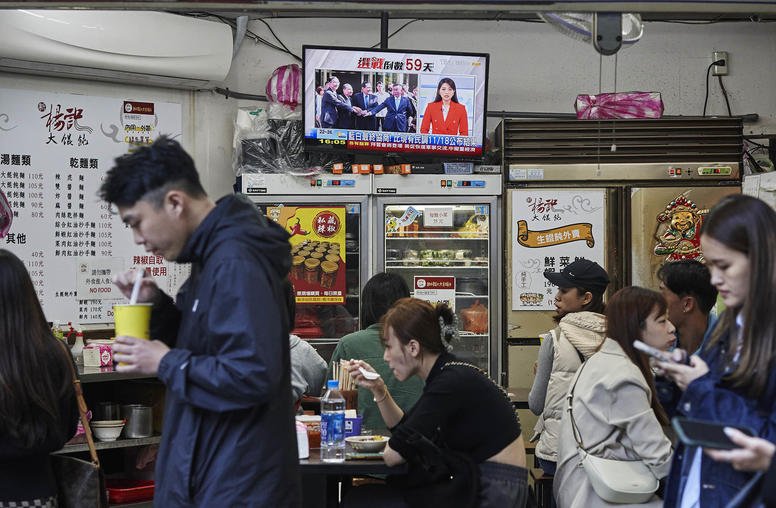
Taiwan’s Election Poses a Test for Island’s Ties with China
On January 13, Taiwanese will elect a new president in a race that is likely to have significant implications for the island’s relations with China as well as U.S.-China relations, regardless of who wins.
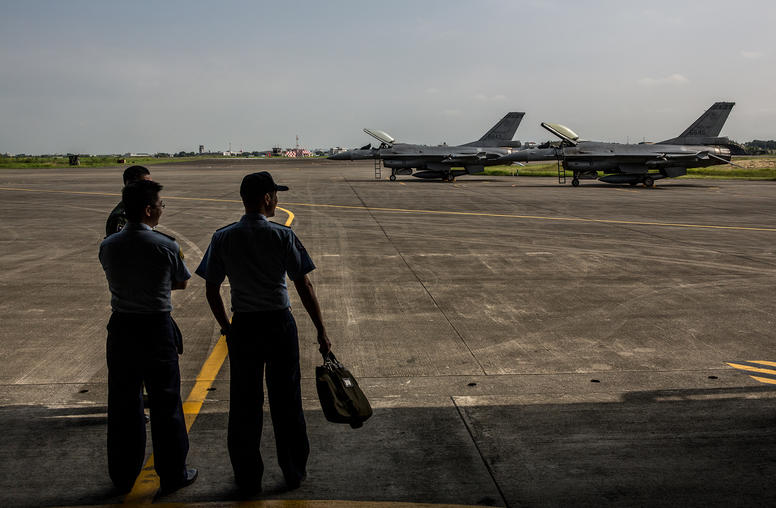
Three Takeaways on U.S.-China Relations After the Shangri-La Summit
Defense ministers from around the world gathered in Singapore last weekend for the annual Shangri-La Dialogue, a forum for discussing security challenges in Asia and an opportunity for high-ranking security officials to engage in bilateral talks. However, U.S. Secretary of Defense Lloyd Austin did not meet with his Chinese counterpart, Li Shangfu. Beijing suspended formal military-to-military meetings last August following then-Speaker of the House Nancy Pelosi’s visit to Taiwan. Since then, U.S.-China tensions have only ratcheted up, particularly following revelations this February that a Chinese surveillance balloon was hovering over U.S. territory.
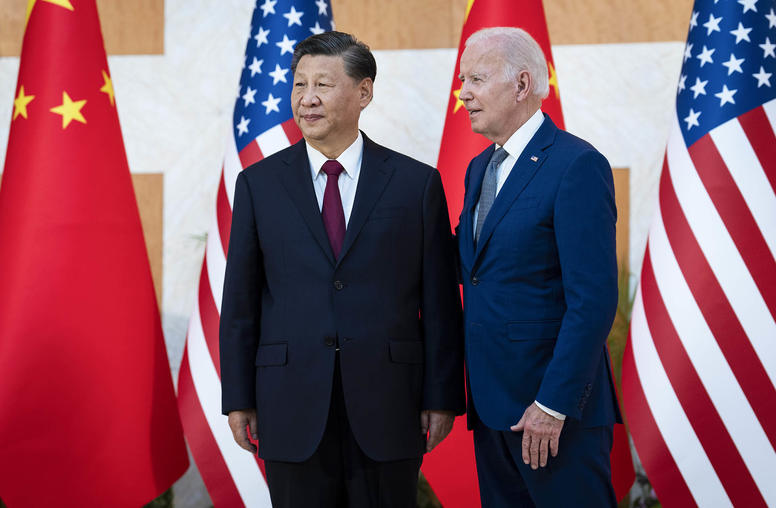
Three Key Takeaways from the Biden-Xi Summit
With the U.S.-China relationship at its lowest point in decades, the American and Chinese leaders met this week on the sidelines of the G-20 summit in Indonesia for their first face-to-face summit since Joe Biden was elected. The deteriorating bilateral relationship became particularly concerning in August when China cut key lines of communication between Washington and Beijing, including on critical military and climate issues, following House Speaker Nancy Pelosi’s visit to Taiwan.